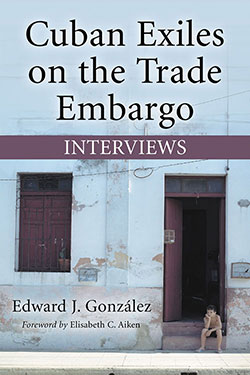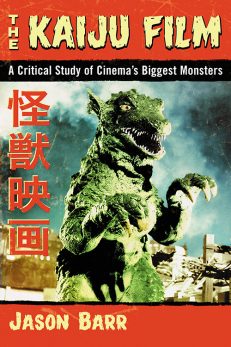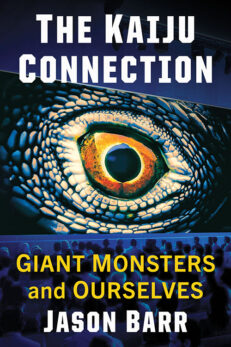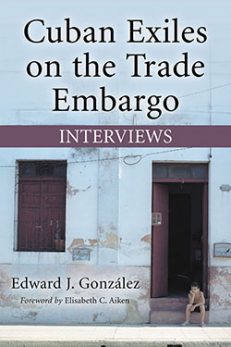Cuban Exiles on the Trade Embargo
Interviews
$19.99
In stock
About the Book
First implemented in 1962, the American embargo against Cuba is one of the most enduring anti-trade measures in human history, having outlived most of the original government and military leaders responsible for its creation. But has it benefited the United States as intended, by weakening Fidel Castro’s grip on his country? Or has it, instead, strengthened his position? This unique work draws upon interviews with Cuban exiles to provide broad-ranging insights on the embargo’s effects on the Cuban people, and an evaluation of its diminishing role as an effective political tool.
About the Author(s)
Bibliographic Details
Edward J. González
Foreword by Elisabeth Aiken
Format: softcover (6 x 9)
Pages: 196
Bibliographic Info: map, index
Copyright Date: 2008
pISBN: 978-0-7864-3043-7
eISBN: 978-0-7864-8070-8
Imprint: McFarland
Table of Contents
Acknowledgments vii
Foreword by Elizabeth C. Aiken 1
Preface 3
Introduction 5
I. Cuba Up to Fidel Castro 13
II. Castro’s Cuba 19
III. Echenique 29
IV. MJ 39
V. Elpidio 44
VI. La Peña 60
VII. Dr. Beato 73
VIII. Teresita 83
IX. Travel and Funds 87
X. Padre Armando Llorente 90
XI. Cullowhee Methodist Church 103
XII. NPR 114
XIII. Ricardo and Laura Estella 116
XIV. Jovenes (The Younger Generation) 140
XV. Las Monjas (The Nuns) 143
XVI. Politics: The Impact of the Helms-Burton Act 146
XVII. Larry 157
XVIII. Loss of a Cuban Hero 171
XIX. Conclusion 176
Index 183
Book Reviews & Awards
“I urge those who truly are interested in the impact of this ‘embargo’ on Cubans and Americans here in the U.S. and on the island to read [this book]”—The Palm Beach Post.





